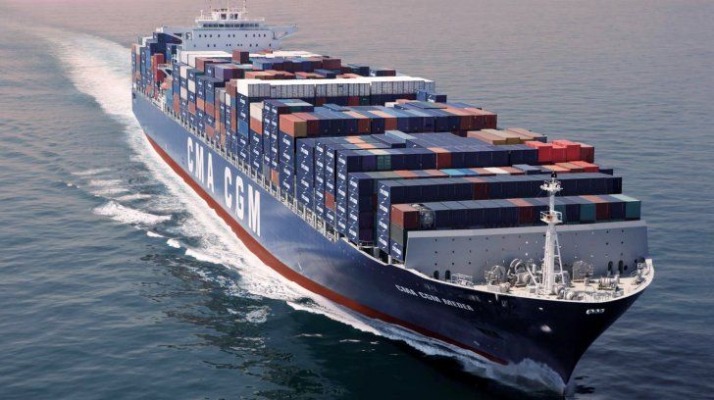There are several reasons why international logistics can experience delays. Firstly, non-professional shippers may not be familiar with the regulations of international logistics and may unknowingly ship prohibited or sensitive goods, which are more likely to be inspected by customs and result in longer clearance times and delays during transport.
Secondly, customs inspections at the port of departure or destination can also cause delays. Customs policies vary by country and a certain percentage of containers are randomly selected for inspection, which can result in delays and additional fees.
Thirdly, operational mistakes such as incomplete or incorrect cargo information, including quantity and value, can also draw attention from customs and lead to logistics delays. Freight forwarders may also choose cheaper but slower logistics channels to save costs and make a profit, which can result in delays.
Fourthly, natural disasters such as typhoons and hurricanes can affect shipping schedules and cause delays. Ships may have to bypass ports or stay in port longer due to inclement weather.
Lastly, port congestion can also cause delays, especially during peak shipping seasons and holidays, when many ships are trying to enter or leave the port. Additionally, strikes in some countries can also lead to port congestion and further delays.




